The infamous phrase “nothing but net” may usually refer to basketball but on Tuesday and Thursday nights, Mashouf Wellness Center’s natatorium transforms into a raucous game of whistles, splashes and the sailing of water polo balls into goals.
Among San Francisco State University’s high-contact and high-intensity leveled sports clubs, water polo maintains a coed and beginner-friendly dynamic.
“We’re very inclusive,” said former SFSU water polo club president Michael Tyler. “We take people from all backgrounds, all skill levels. Water polo is a very difficult sport. So there’s a very high learning curve for people who are new players.”
Tyler first introduced the idea of a joint men’s and women’s club when returning to school after the COVID-19 pandemic. In his three years of coaching, Tyler explained that organizing the club requires recognition of physical differences.
“Coed water polo has its benefits and it also has its challenges,” Tyler said. “We need to match people’s skill levels and body sizes and stuff like that. [It’s] something that we all have to get used to. We all have to be, you know, sensitive about how we play with each other and the level of intensity.”
Albany Lansang, a club officer and coach, has played water polo since elementary school. Since her debut last September and first experience in a coed club, Lasang has noticed that women’s water polo is more strategic.
“It’s actually really fun because of all the different skill levels that everyone brings,” she said. “I noticed that going over certain plays, the men are just like, ‘Oh, just pass the ball faster or swim faster.’ I hate to say this but the guys do swim faster. I can’t keep up with them sometimes. As a woman’s water polo player, it’s been fun to kind of build my own strategies because I have to be quicker in thinking.”
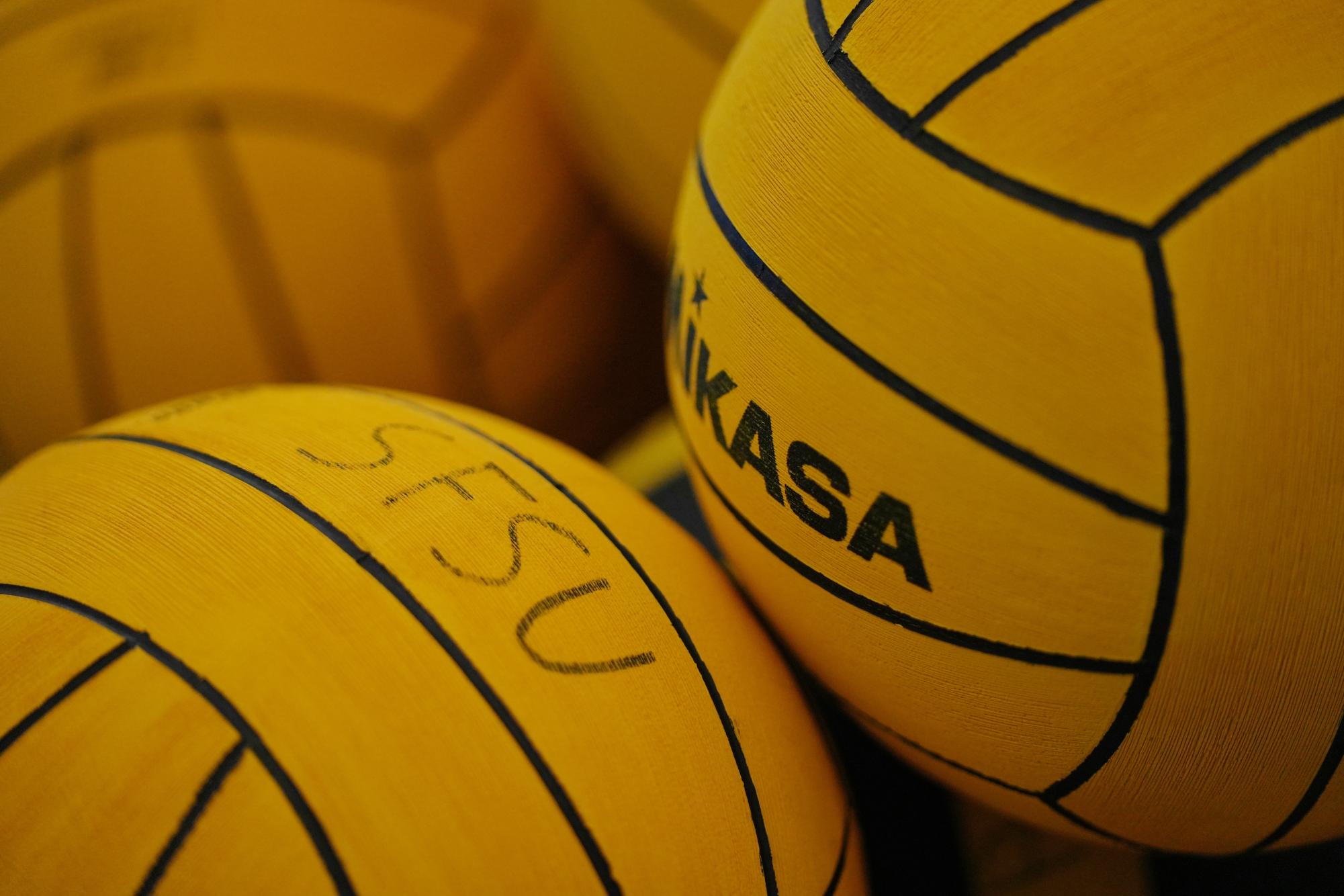
However, for beginners, coed water polo can be a “scary” experience. Lansang said that with the club’s coaching system, joining a rough sport with little to no prior experience can be avoided.
Early into the semester, Lansang and the current water polo president, Jake Ni, will separate beginners to teach basic training and slowly integrate them into full practices.
“[We get them] trained up a bit and then after like the second or third week, it’s just trial by fire,” Ni said. “It’s just you throw them in there and they push their heart out. And then it’s really cool to see someone put in 100% of their effort.”
Throughout the semester, Ni has used these tactics to break the ice between both strategic and defensive strengths but the feeling of fear can still linger.
Club member Audrey Yang was recruited by one of the officers this semester after seeing her swimming skills at Mashouf’s pool. Although Yang played water polo in high school, she said her nerves still got the best of her.
“Honestly, I was a little scared because I walked in and I saw a bunch of guys,” she said. “I’m like, ‘Oh, they’re really, really strong. Oh, I might be in trouble.’”
With the semester coming to a close, Yang’s male teammates are no longer a cause for uneasiness as they are a means for connections. The communal club helps form relationships outside of their school courses, according to Yang.
“There’s a lot more fun than being with just the girls,” Yang said. “Because I also get to talk to the guys and make friends with them too. I’m pretty tight with a lot of these guys.”
However, the players also have a chance to make these connections separately. When playing with other clubs — most often from San Jose State University and the University of San Francisco, games are divided between men’s and women’s. To prepare, Ni splits practices before games to focus on “the physicality level.”
Despite whether they’re practicing coed or scrimmaging apart, Ni said their tight-knit circles keep the club afloat.
“It’s just very different,” he said. “It’s like a brotherhood versus a school club. Half of the time, we’re an actual sports club. Half the time, we’re like a Greek society.”
But being like a Greek society comes at a cost.
After becoming club president last fall, Ni has also taken on the role of financial manager. Ni’s mindset is different from that of other sports clubs on campus. He doesn’t charge member dues and has followed Tyler’s example of paying for most expenses out of his own pocket, sometimes adding up to $1000.
Even with money in their 20-year-old club account and club members chipping in to afford referees for games, new swimsuits and nets, Ni said there’s still not enough money to cover all expenses.
“First and foremost, we’re a social club, then a sports club,” Ni said. “Because we don’t charge dues. We don’t charge anything. It’s all free admission. We have to keep it social, I have to keep it lighthearted. If I start charging dues half the team would be gone so I can’t do that.”
According to Ni, the club began with 70 sign-ups but has reduced to about 15 committed players— less than half of them women. If Ni wants to keep his players in the water, he faces the choice of charging a club membership fee or hosting promotional events on campus.
Not going against his morals, Ni said he’s talked with other water polo club leaders about beginning small tournaments and wants to start selling merchandise.
“I’m gonna start hosting events on campus so it’s like we get a little bit of money in,” he said. “And at tournaments, I can charge out the wazoo. We can do food, we can do merch and then bang, there’s a ton of money.”
All worries about expenses aside, the water polo club is motivated to foster relationships in and out of the water. Tyler said that the club’s success comes down to organic leadership and teamwork.
“We’re inclusive,” Tyler said. “We play together, we look out for each other. This is a place where I like to think we look past our differences and we just come and unite under a sport.”




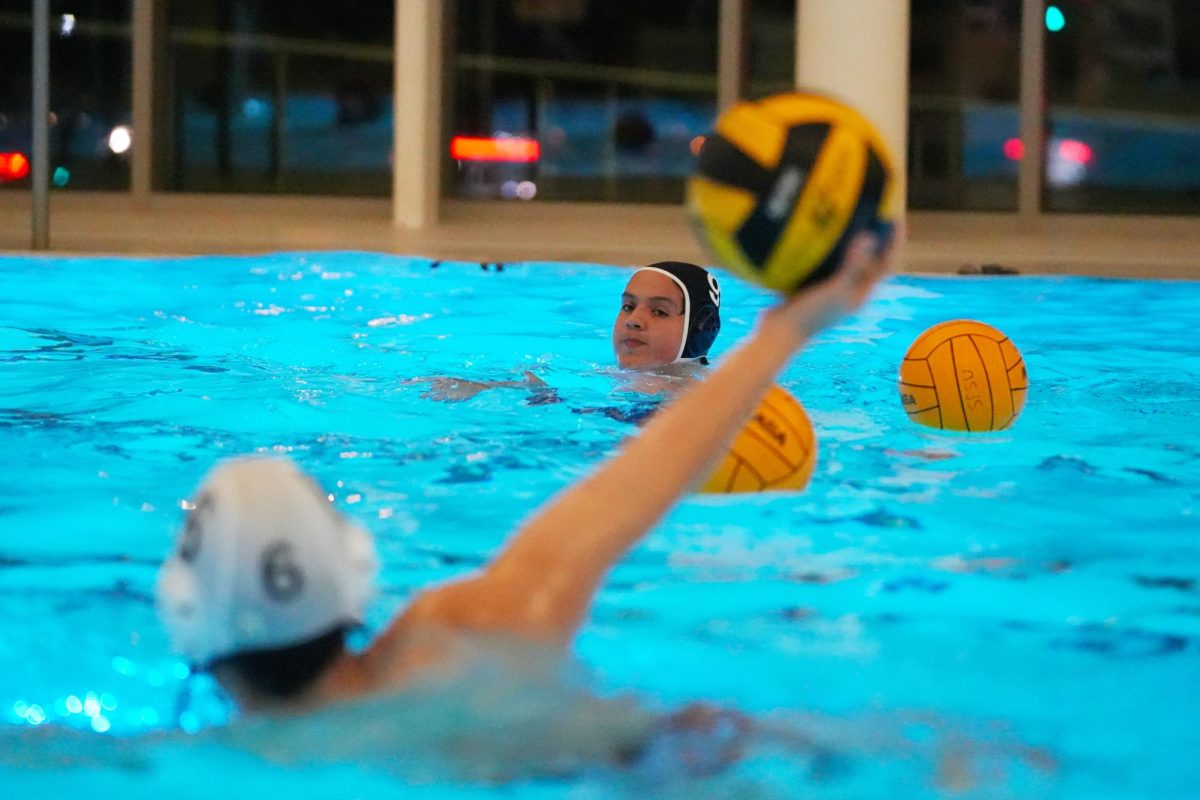
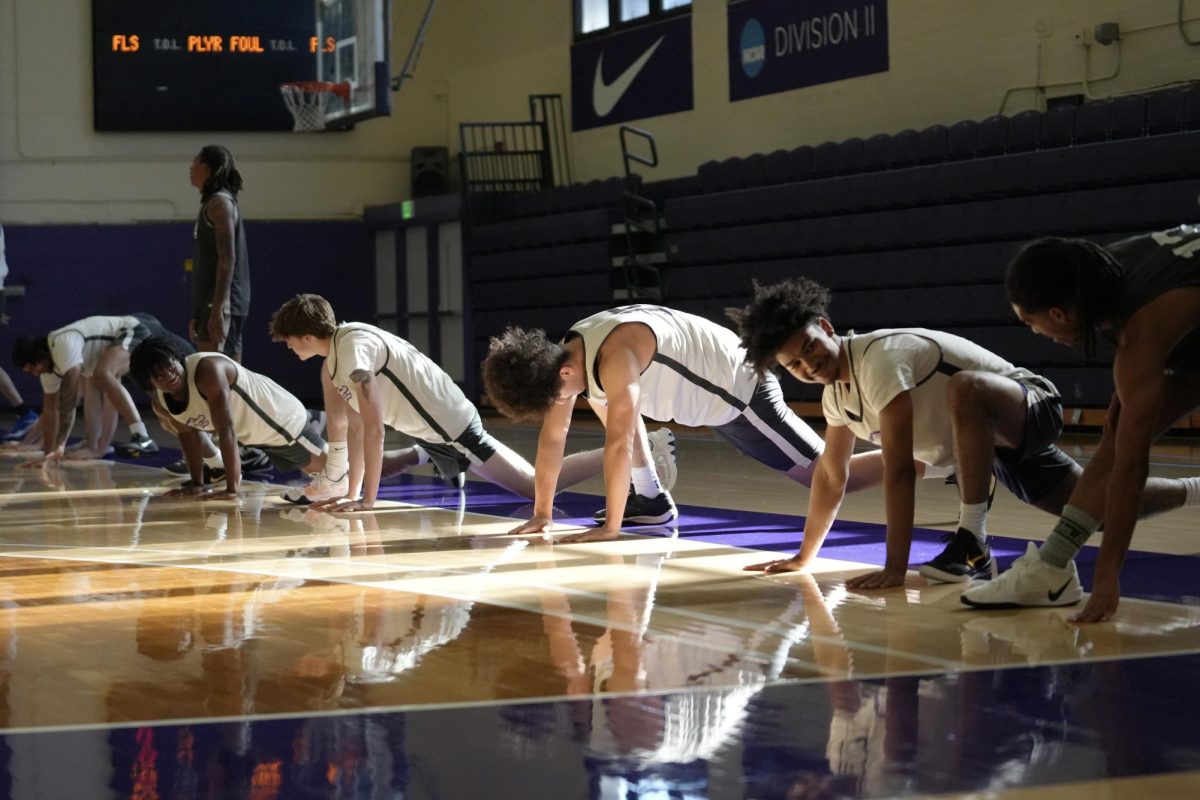
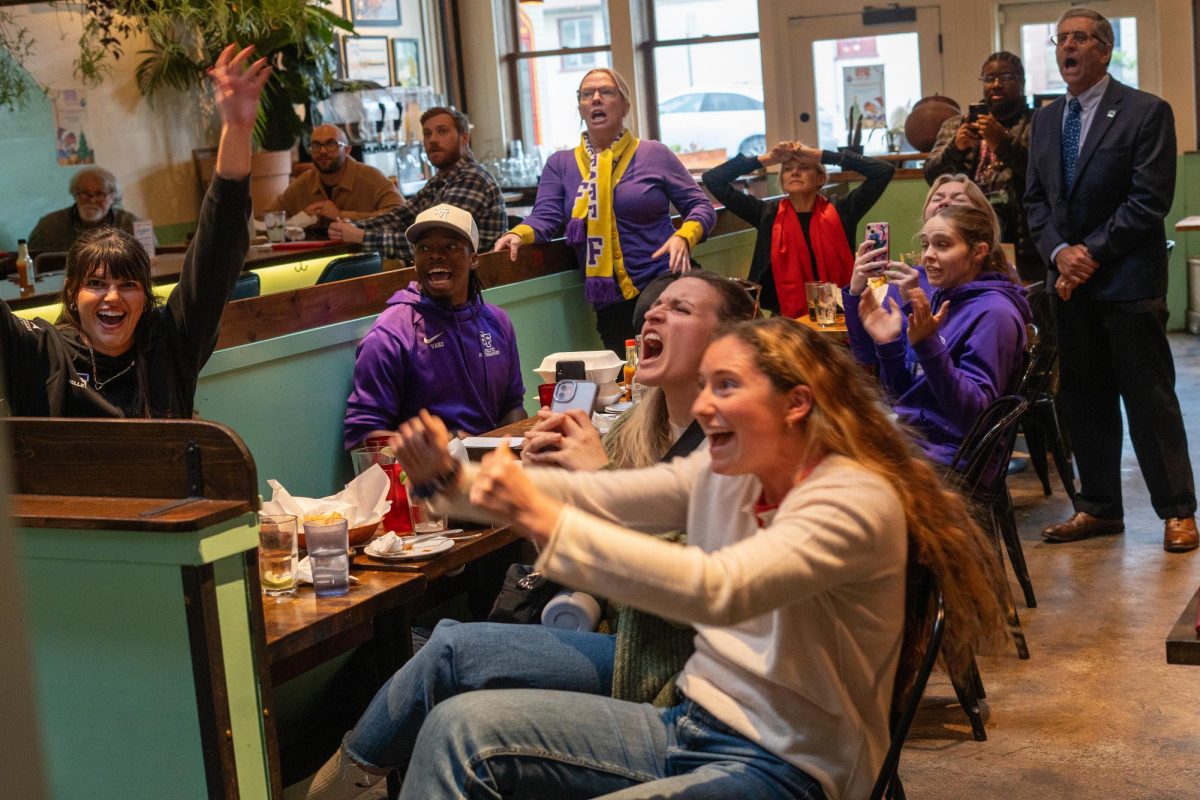
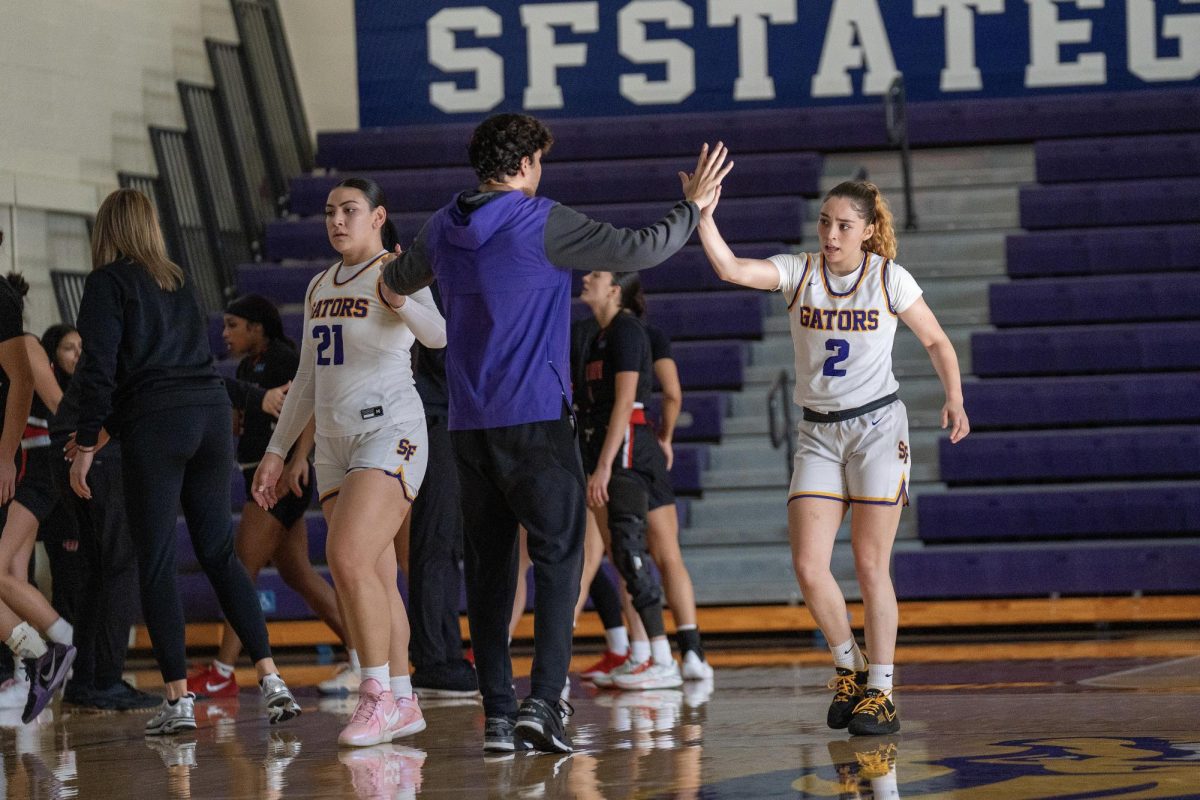
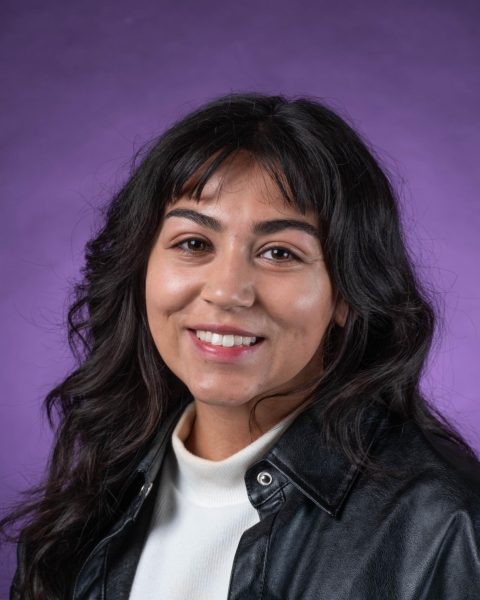
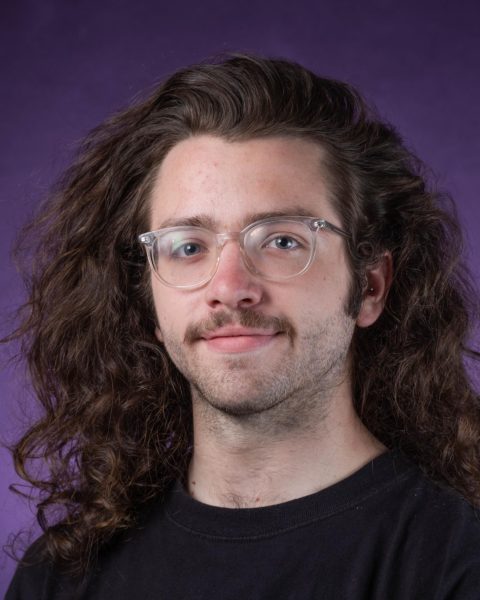
Jake Ni • Dec 14, 2024 at 10:43 am
Wow soo formal! “Ni” bro you make me sound soo scary lmao